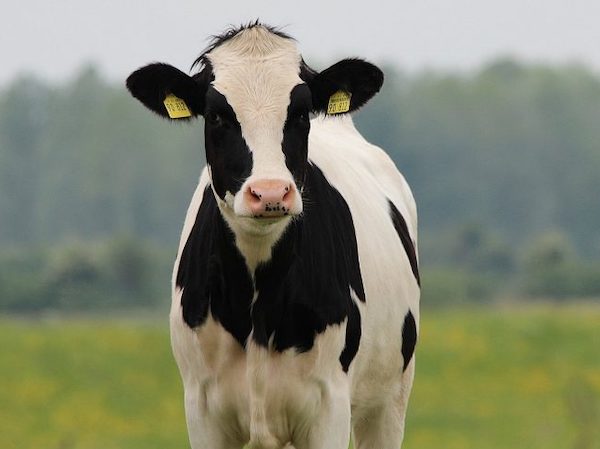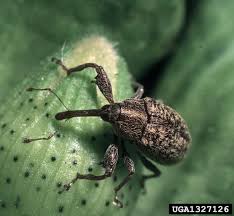A battle is brewing between state ag and health officials and the General Assembly over a controversial bill making its way through the house.
House Bill 609 would legalize the sale of raw, non-pasteurized goat and cow milk for human consumption. Advocates point to studies showing raw milk has more nutrients and fewer chemical additives, as well as unverified but large studies that have shown overall better health and fewer cases of ADHD and other childhood conditions being tied to raw milk consumption.
Opponents warn of increased outbreaks of Salmonella, E. coli, Listeria, Campylobacter, and Brucella, all of which can cause serious illness or death. Agriculture Commissioner Steve Troxler said in a press release that pregnant women, infants, young children, the elderly, and individuals with weakened immune systems will be harmed by consuming raw milk.
“Raw milk is a significant public health risk as there is absolutely no way to ensure the safety of raw milk,” Troxler told the Carolina Journal. “Even with our best efforts and diligent work, foodborne illnesses, stillbirths, and miscarriages will occur in North Carolina if we allow the retail sales of raw milk.”
Nationally, leafy greens are among the leading causes of foodborne illness, according to the U.S. Centers for Disease Control (CDC).
Donald Bryson of the John Locke Foundation noted that North Carolina allows sale of raw milk in herd-share agreements, where members pay a fee for other members to care for dairy animals.
Bryson told the Carolina Journal (CJ) that the state does not ban raw seafood, rare steak, or bagged lettuce, all of which have been sources for bacteria-related illnesses.
Troxler said raw milk is at higher risk of spreading highly pathogenic avian influenza (HPAI), which has been detected in raw milk from infected dairy cows, according to NCDA. Raw milk is already sold commercially as “pet milk” and in several instances across the U.S., Troxler said, pets have become ill and died after consuming raw milk. Sales of raw milk labeled for animal consumption remain legal in North Carolina, but Troxler said the NCDA is concerned over the safety and the potential risks to animals and humans.
HB 609 could be a boost to small dairy farmers who already have to compete with bigger producers, Bryson told CJ.
“Right now,” he said, “they’re forced to waste valuable milk every day while consumers are denied the freedom to choose a natural product they trust. We don’t ban sushi, we don’t ban raw oysters — so why are we banning raw milk? This bill is about supporting local agriculture.”
(This report contains information from Carolinajournal.com)







